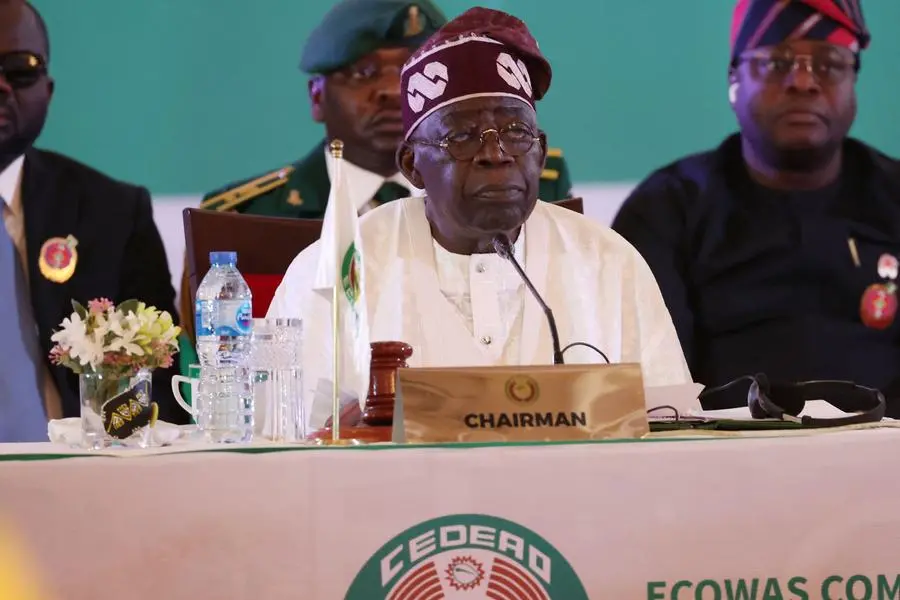PHOTO
President Bola Ahmed Tinubu has urged Nigerians to adopt better management practices to reduce their electricity bills.
Speaking during his inaugural Presidential Media Chat with journalists on Monday, Tinubu emphasised the importance of conserving energy as a means of coping with rising costs.
He said partly, “It’s not negative to learn to manage. You learn to control your electricity bill, switch off the light, let’s learn to manage.”
Since his inauguration in May 2023, Nigerians have been grappling with a sharp increase in energy costs, following the removal of the petrol subsidy and a hike in electricity tariffs.
Petrol prices had skyrocketed, climbing from an initial price of N185 per litre to over N1,100 in many areas. However, the products have experienced a reduction and now sell between N935 to N1,020 per litre.
The hardship deepened on April 3, 2024, when the Nigerian Electricity Regulatory Commission (NERC) raised customer tariffs under the Band A classification.
Customers now pay N225 per kilowatt-hour, a significant jump from the previous N66 per kilowatt-hour. The abrupt tariff hike has drawn widespread criticism, with many Nigerians decrying the timing and its impact amid ongoing economic challenges.
Copyright © 2022 Nigerian Tribune Provided by SyndiGate Media Inc. (Syndigate.info).




















